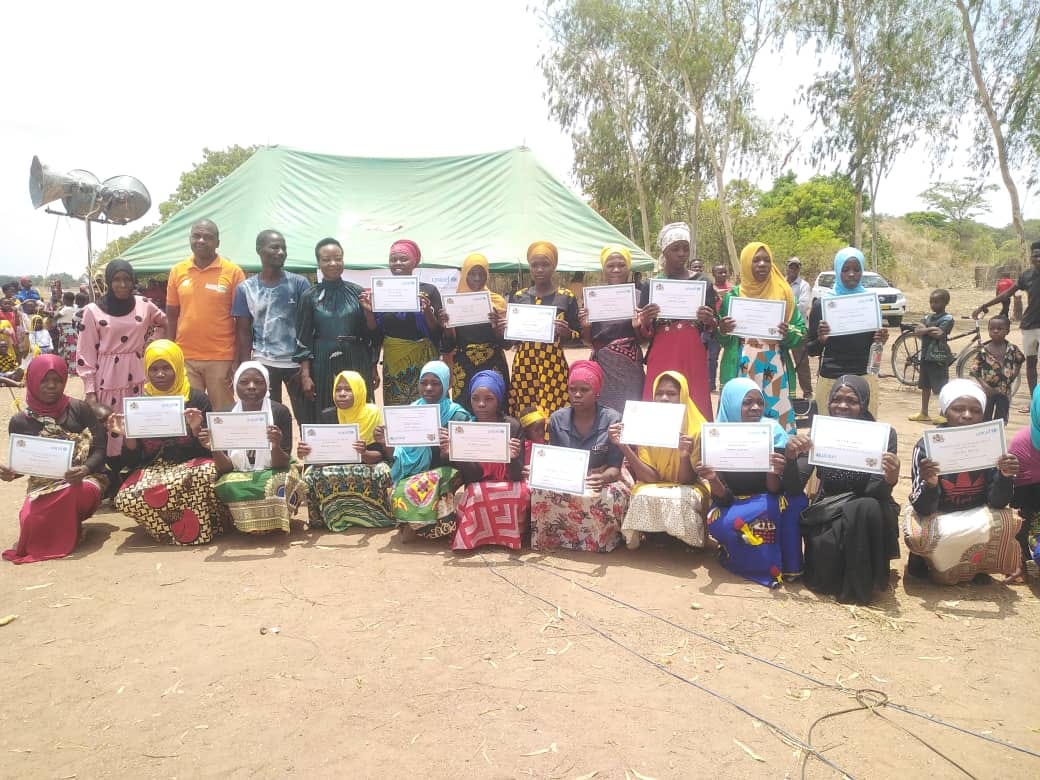Second Chance Education Empowers Illiterate Women in Malawi
MANGOCHI, Malawi - In a remote village nestled within Mangochi district, a group of girls and young women proudly celebrate their graduation from a life-changing program, writes Ernest Mfunya.
Over the past nine months, these women, once hindered by illiteracy, learned to read, write, and count, paving the way for a brighter future.
Amina Muhammad, a graduate from Mpamanda village, beams with joy, describing the program as her passageway to "the world of the literates." Previously ostracized for her lack of education, she found herself unable to pursue basic entrepreneurship dreams. "Ignorance," she explains, "stood between me and opportunity."
The program, supported by UNICEF under the 2022/2023 cohort, aims to bridge the literacy gap for out-of-school girls and young women. Emily John, from Simbiri village, echoes Muhammad's sentiment, lamenting missed opportunities due to her illiteracy. "My inability to read and write closed doors to valuable projects and community initiatives," she shares.
Beyond basic literacy and numeracy, the program equips students with practical skills such as preparing nutritious meals using local resources and maintaining proper hygiene. Councilor Juma Chiganga commends the program's potential to empower vulnerable households, urging community leaders to prioritize girls' education and combat harmful cultural practices that impede it.
Kumbukani Manda, District Youth Officer, recognizes the women's resilience in overcoming challenges like Cyclone Freddy, highlighting the program's alignment with national development goals. "No one is left behind," he emphasizes, acknowledging the government's commitment to empowering young women through literacy.
In Mangochi, this initiative offers a beacon of hope for underprivileged women, fostering personal empowerment and paving the way for a more inclusive and prosperous future.



